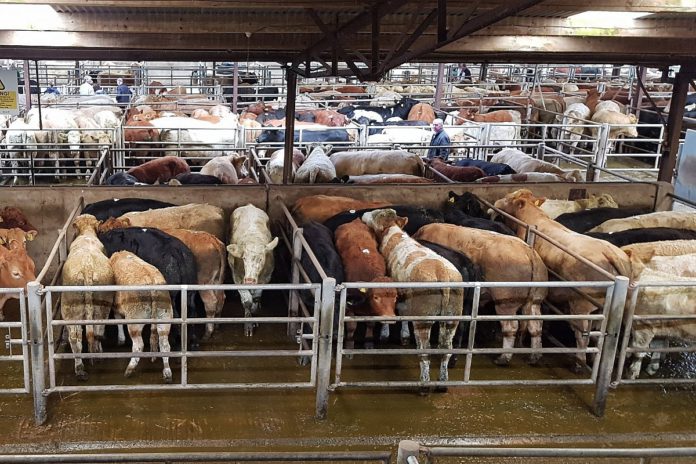More than a Mart: Key findings
Livestock marts tackle social isolation and improve the health and well-being of their users.
That is a key finding contained in a new report the Prince’s Countryside Fund commissioned and Dr Caroline Nye, Professor Matt Lobley and Professor Michael Winter from the University of Exeter carried out.
The publication, More than a Mart, was launched last week.
More than a Mart
It identifies several different ways that markets add value to their local communities.
More than a Mart shows that from running health surgeries to carol services, venues for training to farm shops, marts are far more than just a place to buy and sell livestock.
The research noted that some marts have become increasingly welcoming to women in farming.
According to data, approximately 17% of UK farmers are women, increasing 7% in a decade.
One woman who responded to the report said: “For myself, personally, the mart has been a huge boost.”
“It has given me so much more confidence to do things. I do feel that I can talk to people, and sometimes it is easier to talk to people outside the family.”
Isolation
Dr Caroline Nye, a research fellow at the Centre for Rural Policy Research, University of Exeter, and lead author of the report said:
“The livestock auction mart is one of the few places left where members of the agricultural community can congregate together regularly and share their experiences.”
“As farmers become more and more isolated from each other, as well as from their customer, the importance of these spaces has become so much greater than that of their original purpose.”
“They are key hubs from which members of the agricultural community can be supported to become more resilient both in terms of business and of health, and they should be recognised, utilised and supported as such.”
Marts offer alternative services
Chris Dodds, executive secretary of the Livestock Auctioneers Association said:
“We welcome The Prince’s Countryside Fund report, which highlights that livestock markets continue to be at the heart of the rural community, not only in playing an integral part in the red meat supply chain in providing the much valued independent, transparent, open and competitive forum used to determine the true market value of livestock but also through providing a myriad of alternative services and support for the local farming community.”
He said the Prince’s Countryside Fund report findings and recommendations will assist auctioneering businesses throughout the UK to prepare and equip their businesses.
This will ensure services and support they provide to the rural community will continue to “develop and prosper”.
The LAA will work with its members throughout the development and delivery of this work.
Socialising
A farm support network based at a UK mart told the report authors:
“Let me say it very, very bluntly OK. It saves lives.”
The research found that as many as 1 in 5 mart visitors come for social reasons alone.
Marts offer solutions to the issue of poor mental health within the industry.
These include rural chaplains and auction mart managers who are a trusted source of knowledge, to farmer networks who attend sales.
The report urges livestock farmers to engage with support services and social activities at their mart. It also appeals to them to advantage of events, training, and other support livestock marts offer.
More mart-related content.





